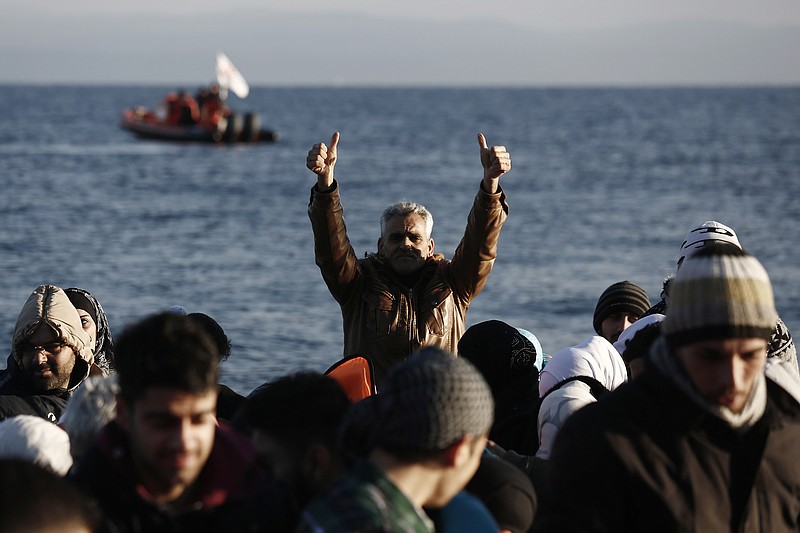GENEVA (AP) - The Latest on the influx of migrants into Europe (all times local):
1:45 p.m.
Austria's foreign minister says his country will substantially reduce the influx of refugees this year and urged the countries on the Balkan migrant corridor to be prepared to do the same.
Sebastian Kurz says that last year Austria accepted 90,000 people and will limit the number to 37,500 in 2016.
Kurz said "we are aware of the consequences this could cause" on the migrant route that leads from Greece through Macedonia, Serbia, Croatia and Slovenia before reaching Austria.
He said that Austria is ready to help Macedonia and the other countries on the corridor to stem the surge.
Most of the migrants fleeing wars and poverty in the Middle East, Africa and Asia want to go to Germany and other rich EU states where they seek asylum.
___
12:20 p.m.
The International Organization for Migration says 409 people have died this year trying to cross the Mediterranean Sea, and migrant crossings in the first six weeks of 2016 are running at nearly 10 times the rate of the same period last year.
IOM says 76,000 people have reached Europe by sea, nearly 2,000 per day, since Jan. 1.
More than three-fourths of the deaths have been on the short eastern Mediterranean route between Turkey and Greece - which traditionally has seen far fewer deaths than the much longer central Mediterranean route between Libya and Italy.
The IOM statement Tuesday comes a day after Turkey's coast guard said 27 migrants had died after their boat capsized in the Bay of Edremit while trying to reach the Greek island of Lesbos.
